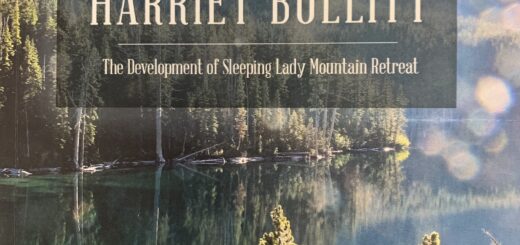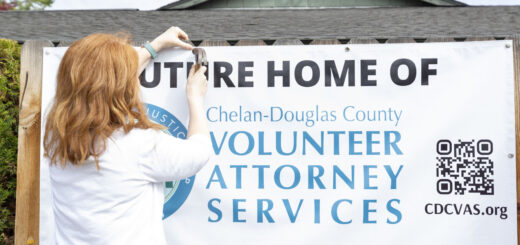Community Land Trusts: A powerful tool to create long-term affordable housing in North Central Washington
If we are going to develop adequate supplies of affordable housing, launching new and expanding existing community land trusts would seem to be a wise course.
It is a certainty that the wave of people moving to North Central Washington is not going to slow down anytime soon. With the already hot housing markets pushing up values and the growing pattern of overnight rentals increasing as well, it’s going to get increasingly difficult for those at lower income levels to find affordable housing.
A task force convened by Our Valley Our Future did a bang-up job of identifying our regional housing challenges and recommended we focus on increasing the supply of middle market homes. That’s absolutely necessary and will alleviate some of the pressure.
But at the same time, we ought to be pushing forward with creativity and resolve to shore up and expand our affordable housing supply.
The community land trust, which is different than a conservation land trust, rests on an elegantly simple concept. The property is held in trust by the nonprofit while the structure on the property is owned separately. Taking the value of the land out of the purchase effectively ensures that the home will remain affordable in perpetuity.
Upper Valley MEND launched a land trust back in 1998, the Methow Valley has one as well, and Chelan just started its own land trust.
Can you have a viable, resilient community without those at the lower income levels? I honestly don’t think so. I think making sure that our communities are places where we have a wide spectrum of people. A community made up of just the upper crust isn’t a community.
A survey by Our Valley Our Future found that more than 70 percent thought that housing affordability is a critical issue and that the market itself will not address this issue.
Recently, I spoke with Carl Florea, about the development of the community land trust in Leavenworth by Upper Valley MEND. Florea is running for mayor of the city, which is being challenged by growing disagreements about balancing quality of life and economic growth.
Florea has been an outspoken proponent for preserving the sense of community that exists in the Upper Valley. The former Lutheran pastor helped found Upper Valley MEND (Meeting Each Need with Dignity) as a way to inspire the community to help those less fortunate. Mend developed a community food bank, free medical care in conjunction with Cascade Medical Center and other programs, including the SHARE Community Land Trust. Share stewards 20 homes in two neighborhoods — Alpine Heights and Aldea Village.
Florea advocates factoring in the health of the community over the long term into the equation. While the short-term, market-driven mindset allows individuals to maximize personal return, there are serious consequences for community vitality. If we lose the sense of community, we will have lost the essence of why we love to live in these communities.
Thom Nees of Serve Wenatchee Valley is floating an intriguing idea for expanding affordable housing. The City of Wenatchee has identified some 300 distressed homes that are decaying and are a blight. What if we could find a way to purchase distressed homes, refurbish them, put the land into a community land trust and sell the home to a qualified low-income family?
Neighborhoods would be improved, and we could expand low-income housing that would remain so in perpetuity. With the amount of opposition that building low-income housing complexes generates, this would seem to be a creative solution.
Funding it, of course, would be the challenge. But hey, we love challenges.


